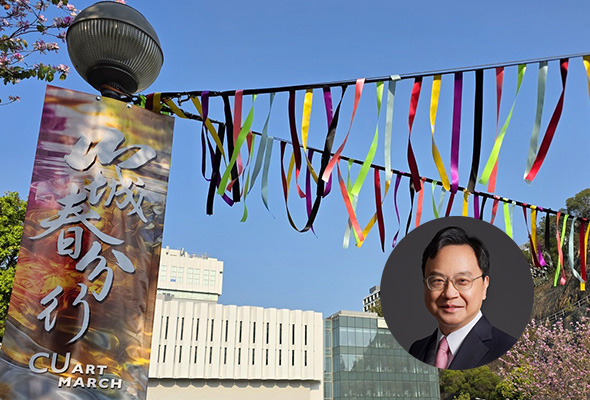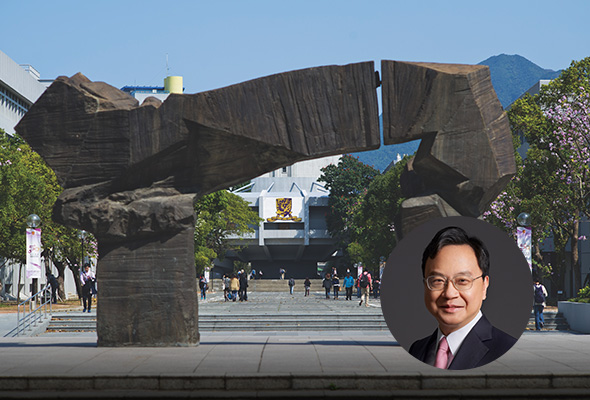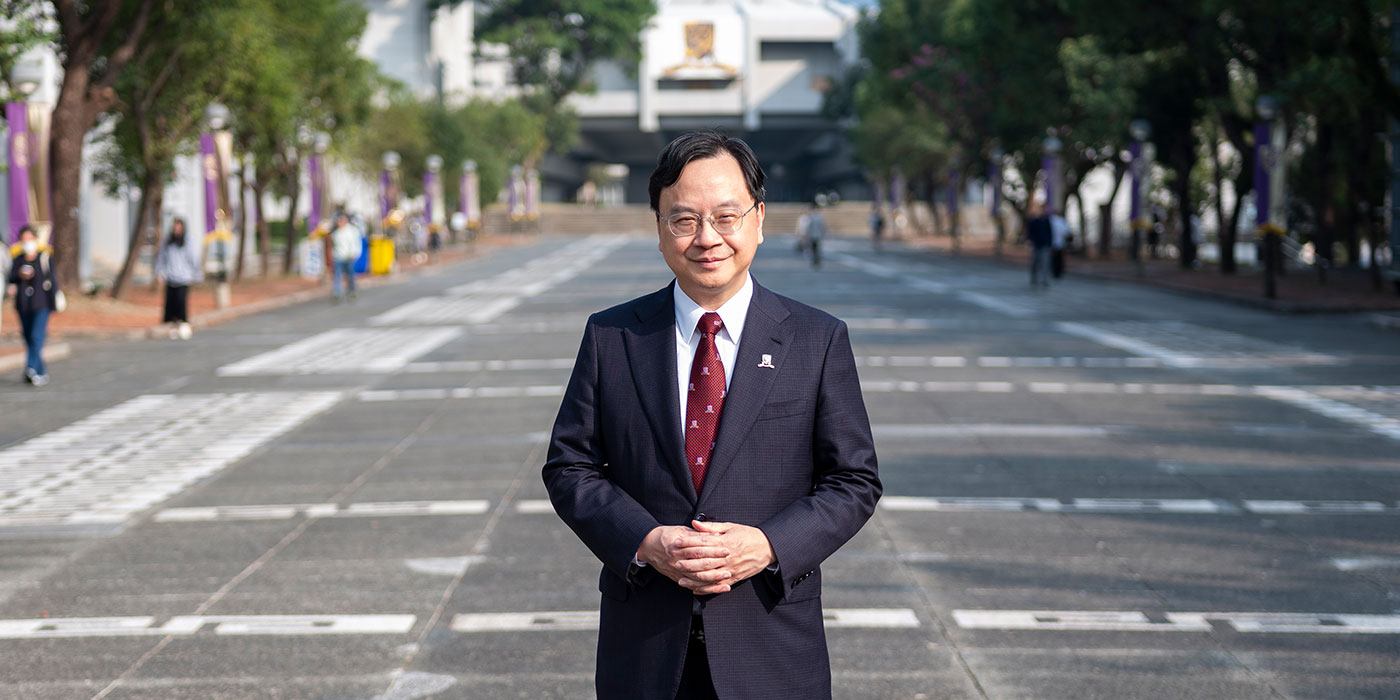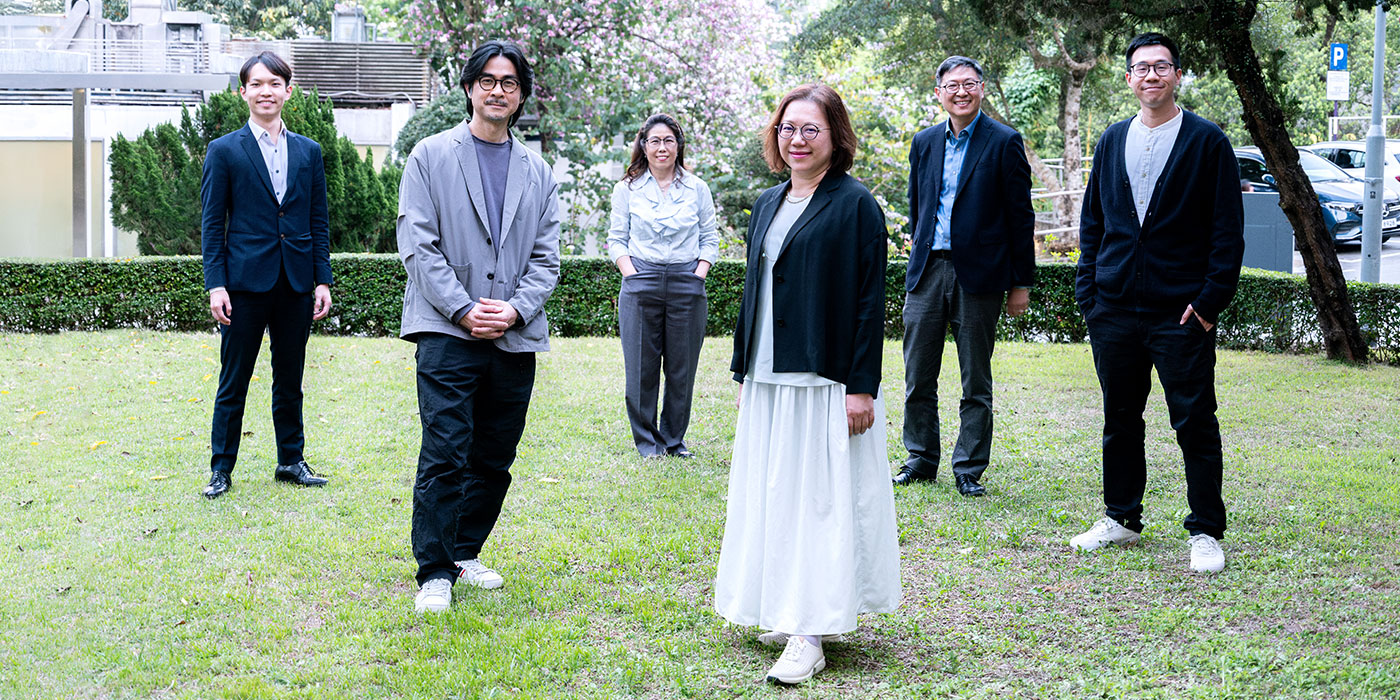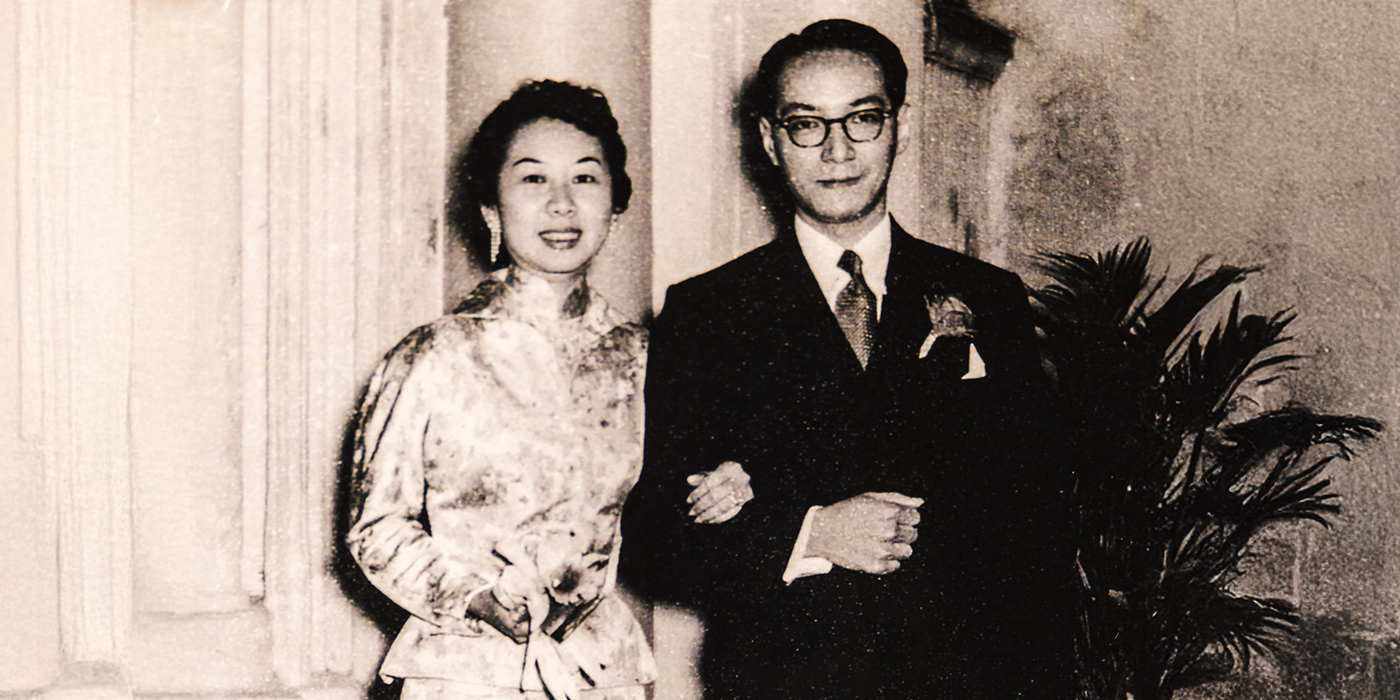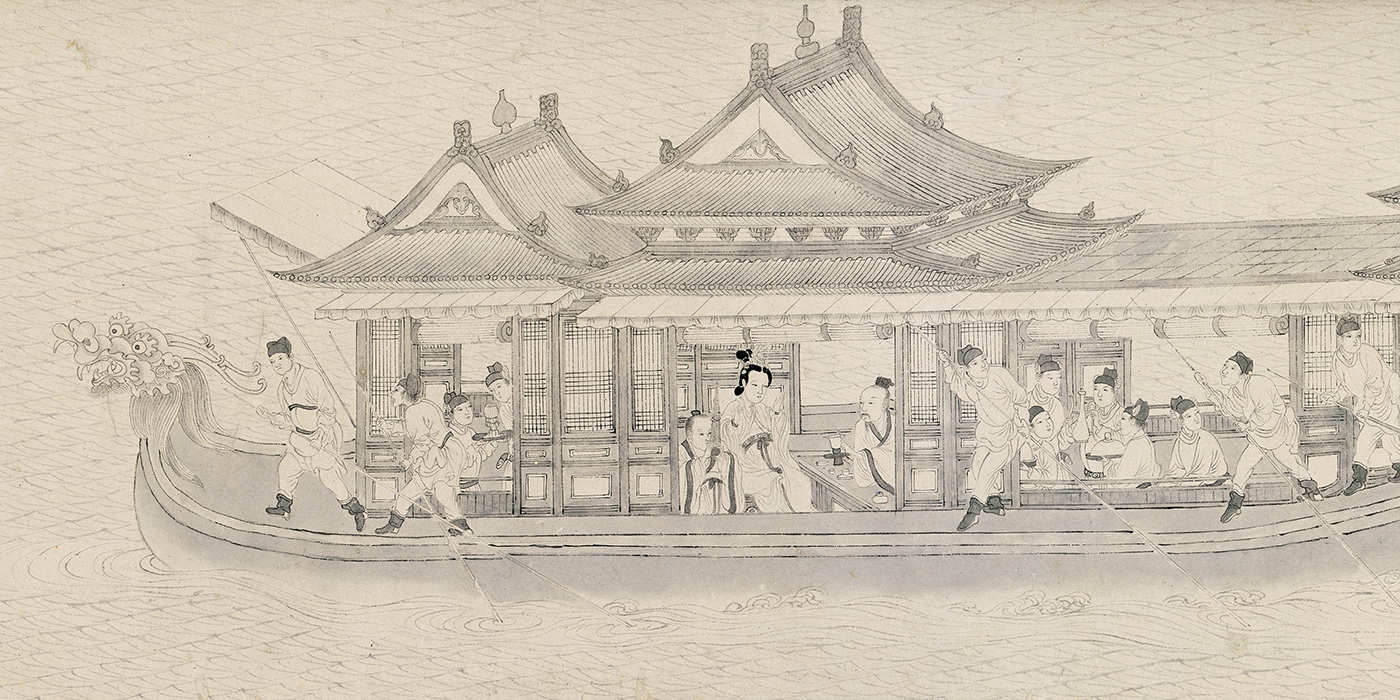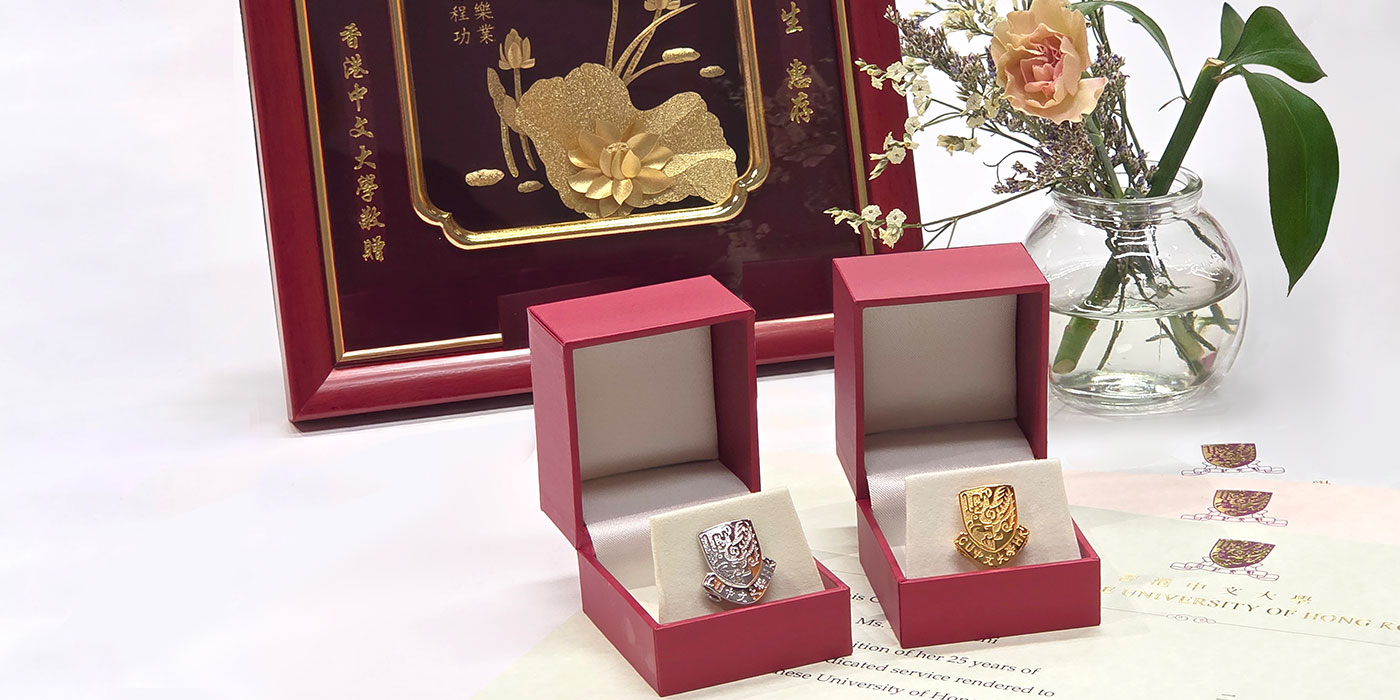Keeping dreams alive
Norris Wong’s turn from lyrics to movies
For writer-director Norris Wong Yee-lam, early dreams of becoming a Cantopop lyricist are long gone. But they have yielded the creative spark for her new film The Lyricist Wannabe. It has been a passion project in which Wong has multi-tasked as screenwriter, director, soundtrack lyricist and even as part-financier. Now, she is busy greeting audiences as they arrive at the cinema to watch her latest work.
The CUHK alumna, who graduated in biology in 2009, took time out recently to share her creative journey with CUHK in Focus.
The Lyricist Wannabe, inspired by Wong’s own life story, tells the bittersweet tale of a high-school girl who discovers a flair for writing, aspires to be a Cantopop lyricist then sees her dream crumble. It is her second feature-length film after her debut My Prince Edward earned her the Hong Kong Film Award for Best New Director in 2020. Her latest work is in the running for three of the Awards, to be announced next month. It was also nominated for two Taipei Golden Horse Awards last November, including Best Adapted Screenplay.
Like many thirtysomethings in Hong Kong, Wong grew up listening to Cantonese pop songs and loved reciting the lyrics to express her emotions. She is fascinated by the variety of moods and themes her mother tongue can convey with music. Soon, she embarked on the challenge of lyric writing, trying to match words in Cantonese – known for its intricate nine-tone system – with melodies, and even make them rhyme. Albert Leung Wai-man (Lin Xi), one of the most prolific lyricists in Hong Kong’s music industry, was an inspiration.
“His lyrics are profound, yet he built them with such plain and simple language,” Wong says. “I aspired to reach his level of artistry and be a professional lyricist.”
Her three years at CUHK were her most productive for lyric writing. While biology was a world apart from her private passion, she found that her creative spirit was nurtured in many other ways by the University’s free environment. Introductory classes to popular music and movies, from her minor programme in Journalism and Communication, opened doors to music appreciation and the world of cinema. The multimedia collection, including a wide range of movie DVDs, at the United College Wu Chung Library was a treasure trove that enabled Wong and her friends to indulge in movie watching day and night.


In physical education and biology classes at CUHK
Outside the classroom, she seized every opportunity to edge closer to realising her dream, by taking part in every lyric competition and class to hone her skill and make a name for herself, while doing part-time jobs at TV and radio stations in the hope of making music industry connections. However, few out of hundreds of songs for which she wrote lyrics got beyond the “demo track” stage. It was a particular blow when she discovered that one song for which she had written the lyrics was aired on the radio without them. They had been replaced by someone else’s.
Through the words of a swansong, Wong displays lingering defiance about her own fate as a wannabe lyricist. In translation, the soundtrack lyrics say:
Without your stubbornness, my story wouldn’t have existed
Success is great, but no one talks about being frustrated
Applaud me, ban me, let me be hated
At least in my dreams I felt elated
At one stage, the film’s protagonist is told Hong Kong is “a place where dreams are punished”. That bruising observation comes from real-life experience. Not long after she completed a master’s programme in film production and decided to pursue a career in that industry, Wong suddenly lost her job as a scriptwriter. Her then employer halted investments in the entertainment side of the business. Wong and the whole creative team were let go. The line about Hong Kong punishing dreams was a lament by one of her colleagues.
“I think that statement is still valid today, but I guess it’s true not just of Hong Kong, but everywhere in the world,” notes Wong. “If you dare to dream, you’ve got to face the risk of failure or the risk of punishment. You’ve got to be well aware of this. Only then can you soldier on, with greater determination.” Doesn’t she think this sounds depressing? “No, I don’t,” Wong replies. “Rather, I take it as encouragement.”



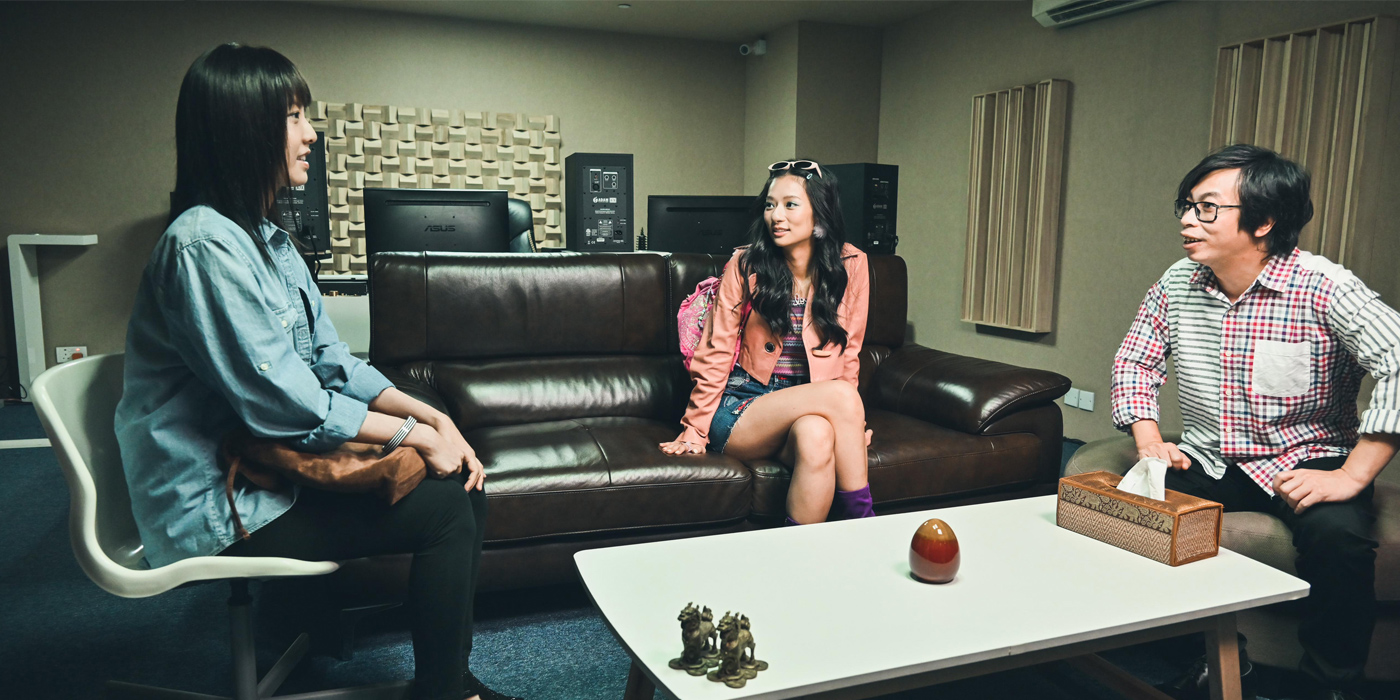
The Lyricist Wannabe is in the running for three Hong Kong Film Awards this year
To finance her deeply personal film, she and Hong Kong producer Wong Hoi invested HK$2.8 million from their own pockets. That raised a few eyebrows in an industry that relies heavily on backing from investors looking for returns. “We didn’t even look for an investor,” says Wong. “We envisaged that an investor may have little idea about lyric writing and also may have doubts about us using an all-new cast. I wanted to have the freedom to do it our way. So, for this production, my working partner and I decided to use income we’d saved from previous jobs.”
In recent years, Wong has been straddling Hong Kong and Taiwan, where she now lives, writing scripts for different TV dramas, while exploring new film projects. One of her next productions will be a film subsidised by the Hong Kong government’s Create Hong Kong office. With a bigger budget, Wong will pair up with seasoned directors for a larger scale production. She sees it as an opportunity to revisit popular themes that achieved commercial success in the 80s and 90s heyday of Hong Kong cinema, such as gambling and vampires, and to present them in a new perspective.

Now calling herself a “screenwriter wannabe”, and ever self-critical, Wong says she still has a lot to learn about film-making. “After shooting this lyricist movie, I realised that I was too focused on matching the Cantonese tones to melodies, but as for diction, mood and imagery, I am just not there yet.”
“I want to earn my living doing something I love. As a screenwriter, I won’t just go after technique. I want to enhance my depth of knowledge, storytelling and characterisation skills while I accumulate experience along the way.”
By Joyce Ng
Photos by LCT



